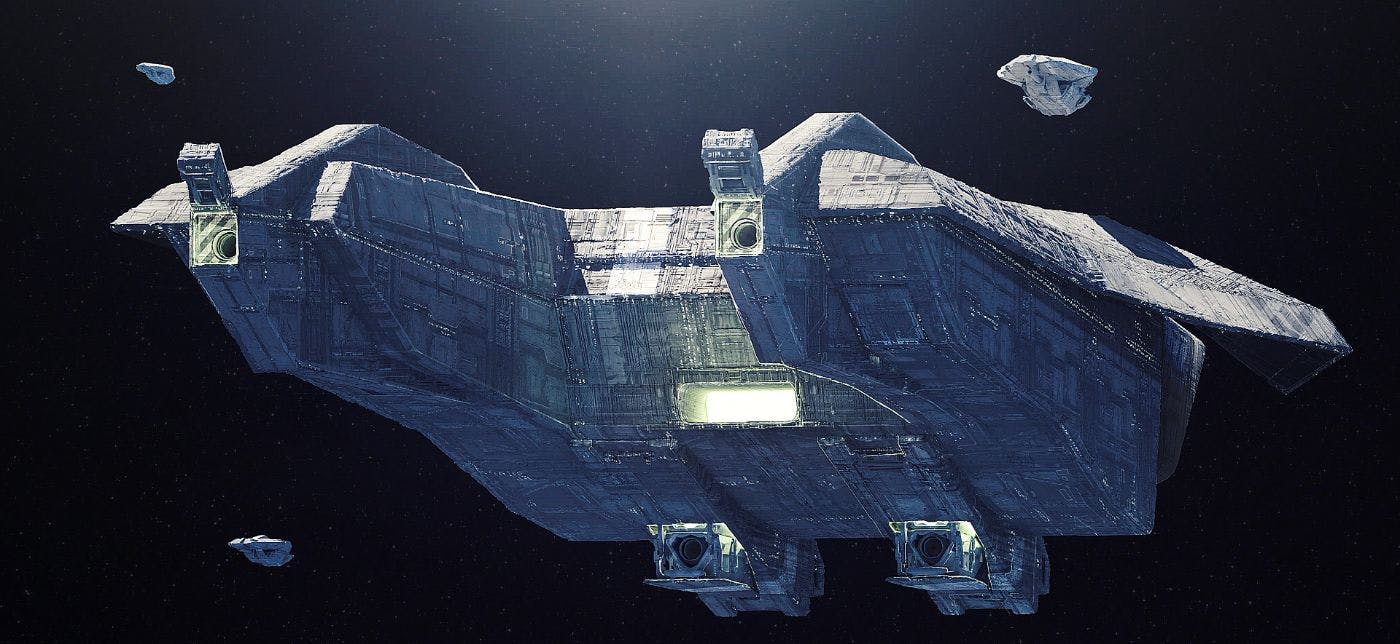323 reads
Games That Embrace the Spirit of Satoshi
by
March 13th, 2023
Audio Presented by

I was lucky to have access to a PC from the age of 6. I'm passionate about gaming and the concept of decentralization
About Author
I was lucky to have access to a PC from the age of 6. I'm passionate about gaming and the concept of decentralization
